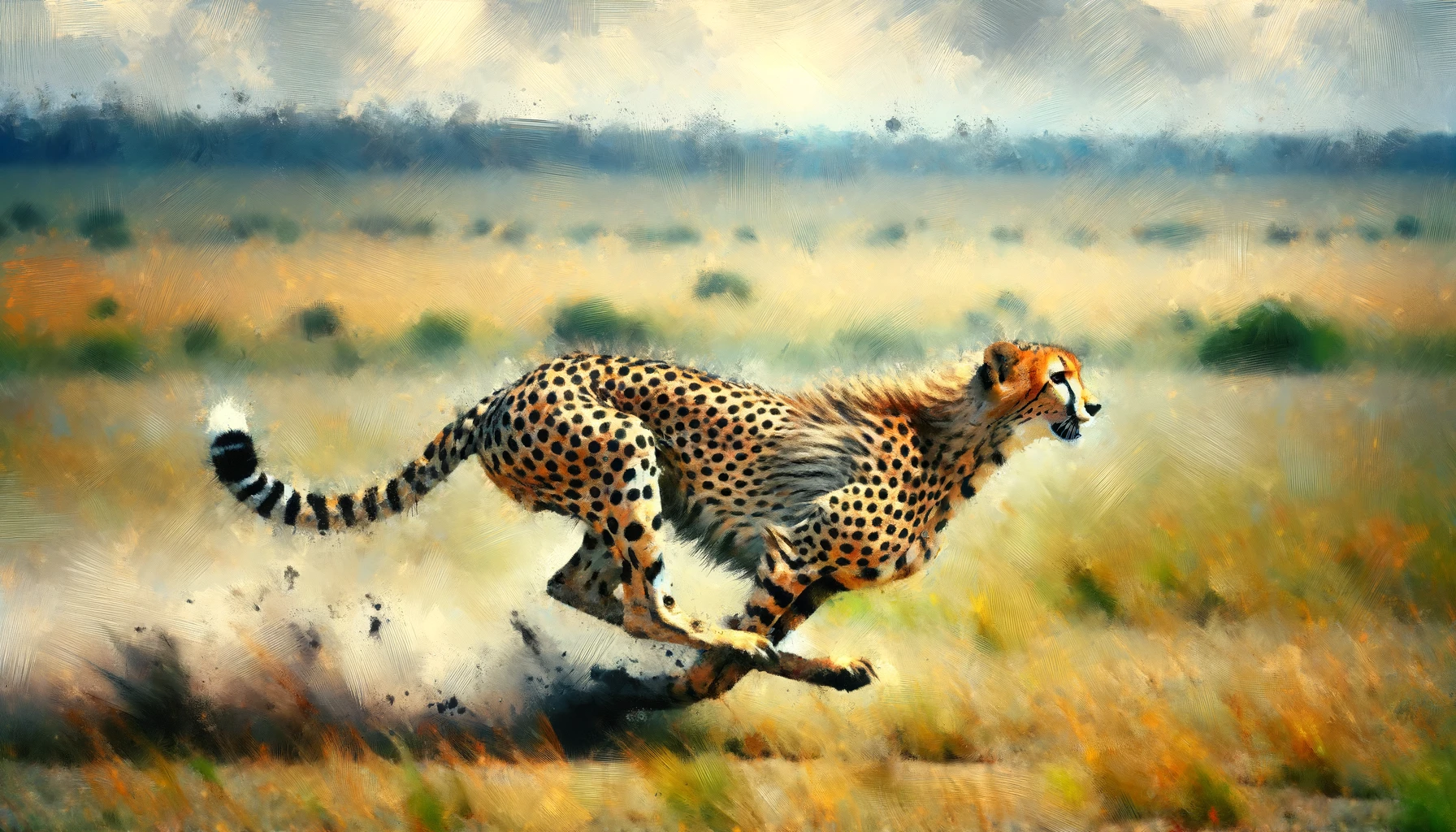

ConGen-Global-2025 – Recent Advances in Conservation Genetics – will be offered at the Cheetah Conservation Fund Research Center, Otjiwarongo Namibia (01/5-15/2025).
This course will host 25-30 students, with emphasis on students from African countries and 15-20 faculty from around the world. The course will feature the latest methods, interpretations, and applications of genetic/genomic analyses for the conservation of endangered species, and the faculty will share their expertise in technologies, research strategies, and translation featuring population-based studies.
To receive full consideration for the class, the applications must be submitted before June 6th, 2024.
Primary organizers and the local hosts:
Namibia’s hosts will be Dr. Laurie Marker and Dr. Anne Schmidt-Küntzel (Cheetah Conservation Fund, Namibia).
The ConGen Organization Committee are Stephen J. O’Brien (NOVA Southeastern University, FL, USA, chair), Taras K Oleksyk (Oakland University, MI, USA), Emma Teeling (University College Dublin, Ireland), Eduardo Eizirik (PUCRS, Brazil), Laurie Marker (CEO Cheetah Conservation Fund, Namibia), Cindy Harper (University of Pretoria Veterinary College, South Africa), Laurie Goodman (Executive Editor, GigaScience), Klaus-Peter Koepfli (Smithsonian-Mason School of Conservation, George Mason University, USA), and Anne Schmidt-Küntzel (Cheetah Conservation Fund, Namibia).
• International ConGen faculty: ConGen Global-2025 will gather pre-eminent genomics and conservation science experts who have developed and applied a multi-disciplinary approach to serve as faculty.
• Local Faculty: A list of outstanding researchers from Namibia and other African countries that can contribute to the course has been suggested by the local co-organizers.
• Course Staff: Several young researchers from the ConGen Global alumni have been regularly invited to help with the running of the course, leading computational tutorials and/or field events
Preliminary course schedule: This ConGen Global course will be in its 29th year of initial offering, with a curriculum developed over the years to emphasize the most recent conceptual, technical, and analytical developments in the discipline. Topics focus on the most recent and relevant advances in technical and analytical tools and how they are applied to real-world conservation issues. The course will combine plenary lectures from invited experts and hands-on instructional tutorials on specific computational techniques in conservation genetics/genomics. Examples of past course schedules can be accessed on the course’s web page (conservationgenetics.org).
In the past, topics have included:
- Study design for conservation genomics projects
- Overview of next-generation sequencing methods (short and long reads)
- Introduction to Python and Unix
- Whole genome assembly, annotation, and alignment
- Read mapping and variant calling methods
- Genome-wide analysis of admixture and ancestry
- Estimating and visualizing genome-wide diversity
- Genome-wide association studies
- SNP-based analyses of genetic structure/gene flow, phytogeography
- Estimation of effective population size and historical demography
- Identifying signatures of selection in population genomic data sets
- Constructing phylogenomic data sets and analysis
- SNP-based analyses of relatedness, inbreeding, and paternity
- Detecting emerging pathogens in natural populations
- Environmental DNA
- DNA forensics as applied to controlling illegal poaching and trade
- Integration of the Artificial Intelligence (AI) into conservation genomic data analysis
- Integration of genetics/genomics into conservation management plans
KEYNOTE PUBLIC LECTURE SPEAKERS
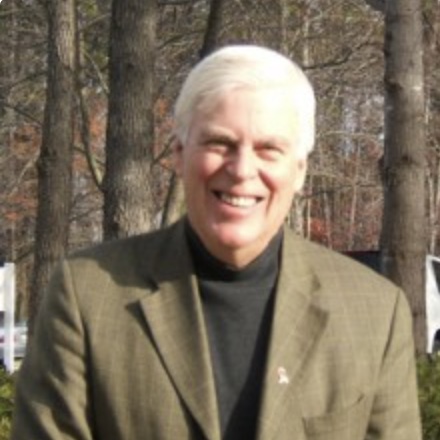
Stephen J O’Brien
ConGen Chief and Founder, Professor and Research Director, NOVA Southeastern University, FLORIDA, USA, Member of the National Academy of Sciences (USA)
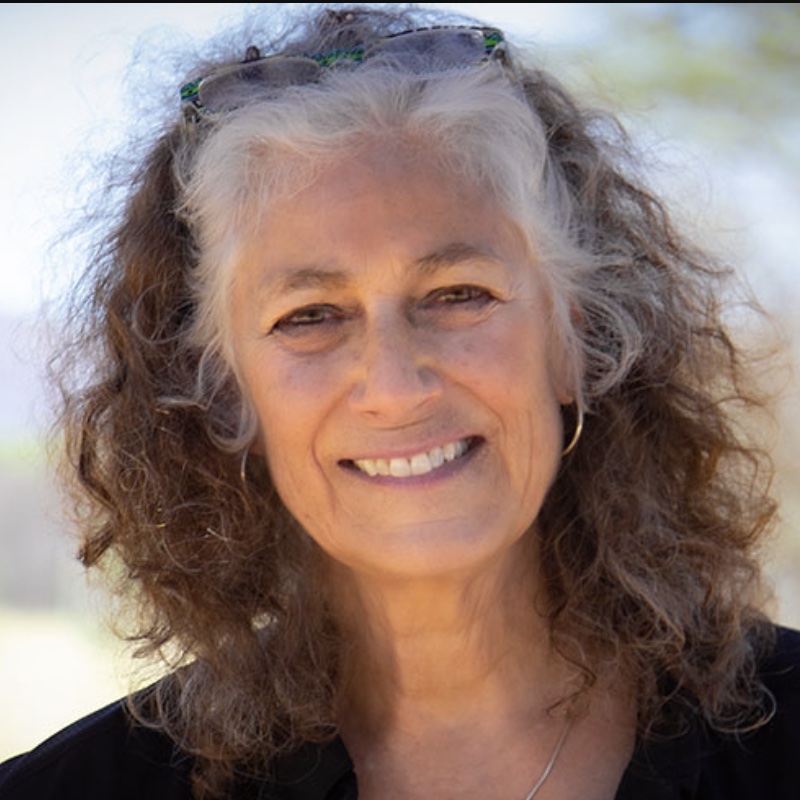
Laurie Marker
Executive Director of Cheetah Conservation Fund, NAMIBIA – “The Global Cheetah Conservation Program”
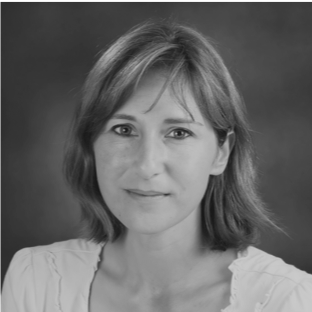
Cindy Harper
Director of the Veterinary Genetics Laboratory, Faculty of Veterinary Science, University of Pretoria at Onderstepoort, South Africa – “DNA individualization Forensics of Rhinos of Southern Africa”
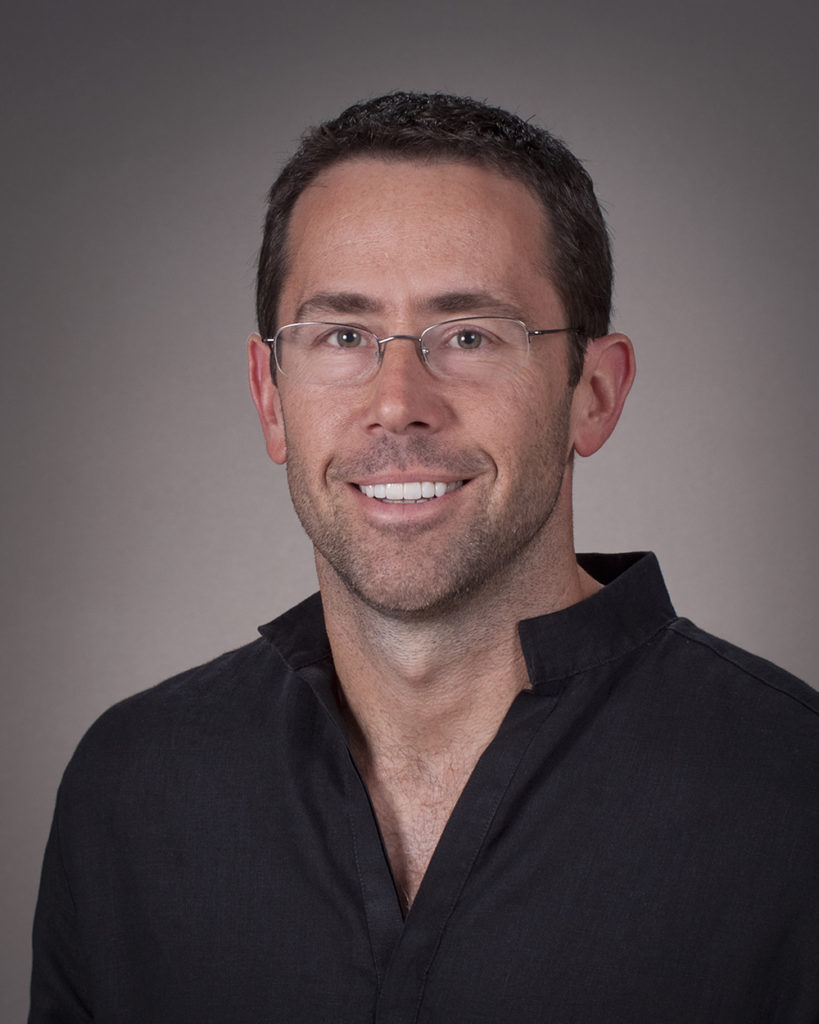
William (Bill) Murphy
Professor, Texas A&M University, College Station, Texas, USA – “The Natural History of the Mammalian Radiations”
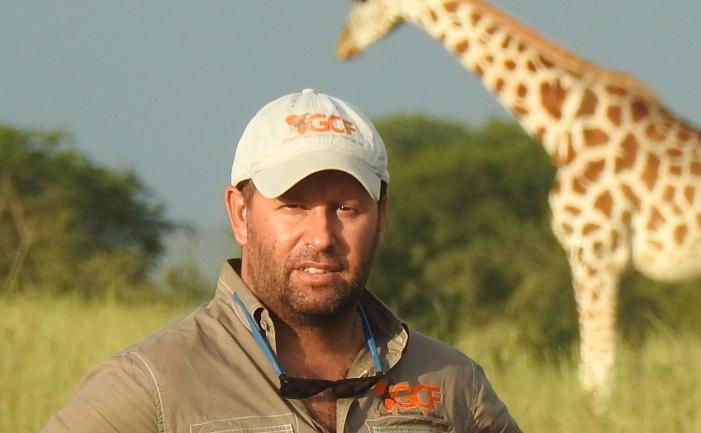
Julian Fennessy
Co-founder and Director of Conservation, Giraffe Conservation Foundation, Windhoek, Namibia – “Saving giraffe: using science and management to conserve all four species across Africa”

Klaus Koepfli
Senior Research Scientist, Smithsonian-Mason School of Conservation, George Mason University, Front Royal, Virginia, USA – “Decoding Survival: Comparative and Population Genomics Informs the Conservation of the Endangered Black-footed Ferret”

Harris Lewin
Research Professor, Global Futures Laboratory, Arizona State University – “The Earth BioGenome Project: An Enabler of the Coming Revolution in Conservation Genetics” (via Zoom)

Shu-Jin Luo
Principal Investigator, School of Life Sciences, Peking University, Beijing, China– “The world’s tiger conservation crisis: a genomics perspective”